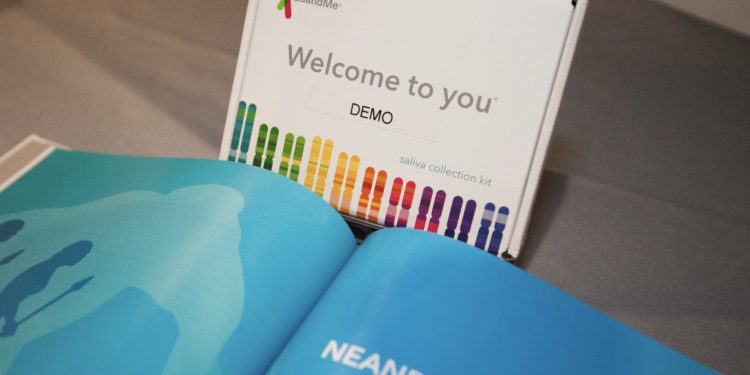AUSTIN, TEXAS — In a groundbreaking legal move, Texas Attorney General Ken Paxton has filed suit in the 23andMe bankruptcy case, seeking to safeguard Texans’ genetic data from unauthorized sale and misuse. The case, filed in the Eastern District of Missouri where 23andMe is undergoing Chapter 11 bankruptcy proceedings, centers on the biotech firm’s attempt to sell personal genetic and health information as part of its asset liquidation.
Attorney General Paxton is demanding a legal judgment that confirms Texans’ property rights over their genetic material and requires 23andMe to fully comply with state data privacy laws before disclosing any consumer information.
“Genetic testing companies have access to massive amounts of critically sensitive personal information, and I will fight to ensure that businesses follow the law and secure Texans’ personal data,” said Paxton in a public statement. “Texas’s strong data privacy laws grant consumers property rights to their genetic information and require companies to obtain user consent before sharing any of this highly confidential data.”
The Risks of Genetic Data in the Wrong Hands
Experts warn that genetic information is among the most intimate and irreplaceable forms of personal data, revealing not only an individual’s health risks, ancestry, and biological relationships but also traits such as predispositions to diseases or psychological conditions.
If sold or leaked to unauthorized entities—such as insurance companies, employers, or data brokers—Texans could face serious harm:
- Discrimination in employment or insurance coverage based on genetic predispositions.
- Identity theft or health fraud from misuse of personal health profiles.
- Loss of privacy for family members who share genetic links.
- Permanent loss of control over how that data is used, sold, or stored in the future.
Why This Lawsuit Matters
At the heart of Paxton’s lawsuit is the Texas Direct-to-Consumer Genetic Testing Act and the Texas Data Privacy and Security Act, which require companies to:
- Obtain clear, separate consent before sharing or selling genetic information.
- Allow consumers to request deletion of their data and destruction of biological samples.
Paxton argues that 23andMe has no legal authority to sell Texans’ data without adhering to these laws, especially during bankruptcy proceedings. The legal action is considered the first of its kind in the country and could set a precedent for future cases involving personal data rights in corporate bankruptcies.
Securing Rights for Future Generations
Paxton emphasized that this lawsuit isn’t just about protecting Texans today—it’s about setting a standard for how sensitive genetic data is treated in the digital age. As at-home DNA testing grows in popularity, the stakes are rising for future generations who may unknowingly inherit the risks of today’s data-sharing practices.
“This is about securing the future. If we don’t act now, we risk building a world where deeply personal genetic information becomes a commodity, not a private right,” Paxton warned.
What Texans Can Do
Texans who used 23andMe’s services can still take action:
- Request deletion of their data and destruction of their genetic samples.
- File complaints with the Office of the Attorney General if their rights are denied or ignored.
For more information or to file a complaint, Texans can visit the Texas Attorney General’s Office website at www.texasattorneygeneral.gov or call the Consumer Protection Hotline at 1-800-621-0508.
As the legal battle unfolds, Texas is positioning itself as a national leader in the fight to protect genetic privacy—setting the tone for how Americans’ most personal information is handled in the years to come.






